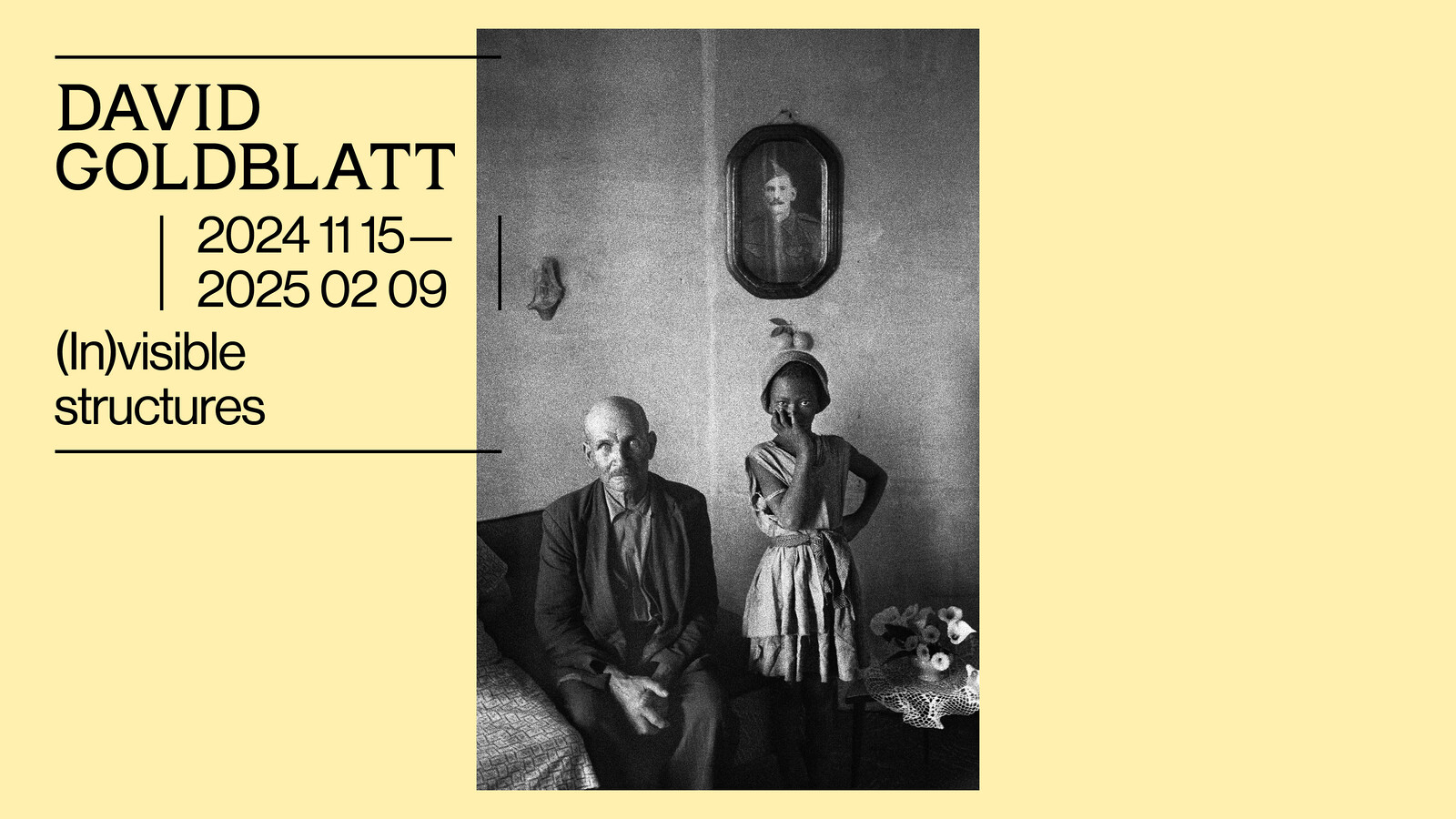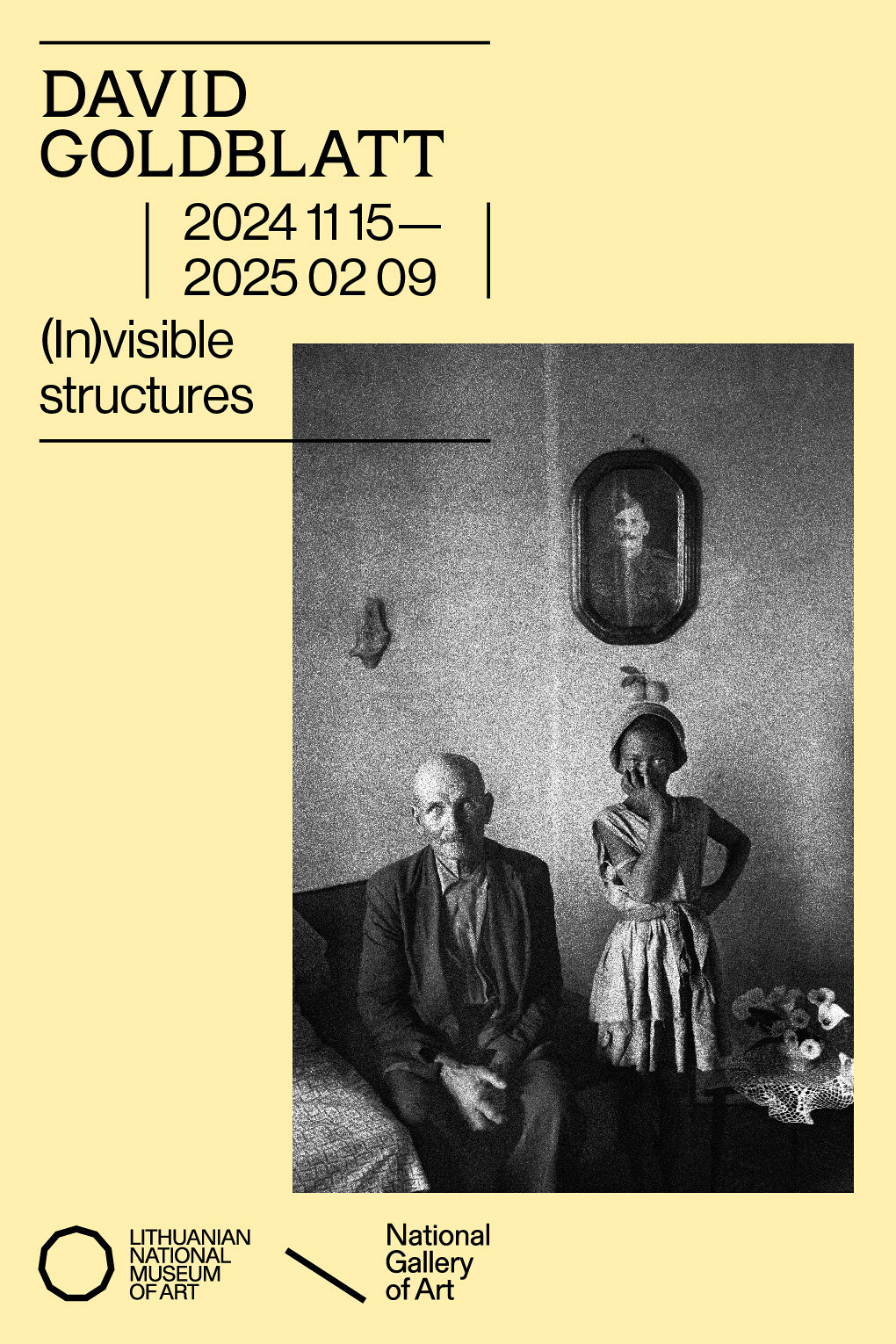Fall/winter 2020/21
Join the Henry for the Bugs & Beasts Before the Law colloquium online as we consider the entangled issues of justice, personhood, and kinship. Leveraging the power of art to reframe what is familiar, the multi-month program imagines and explores possibilities for survival and liberation for those whose protections are limited or whose personhood is compromised, oppressed, or threatened within socio-legal systems.
On the colloquium’s dedicated microsite, you will find responses to the framing questions written by guest scholars and University of Washington faculty and graduate students; information on webinar discussions, artist workshops, and related programs; and opportunities to add to the conversation.
The colloquium takes inspiration from an experimental essay film titled Bugs & Beasts Before the Law by Bambitchell, the artistic collaboration of Sharlene Bamboat and Alexis Kyle Mitchell. The film will be on view at the Henry in 2021.
Round table discussion 1: Is Justice a Process or an Outcome?
Thursday, October 22, 11am–12:30pm PST
Widely maintained mythologies hold that “justice” refers to conclusive punishment for criminal wrongdoing (as in “an eye for an eye”). These narratives, centered on deviant acts rather than the systems in which actions unfold, delimit the possibility of justice within longstanding and embedded structures that have excluded certain individuals from the onset. If justice is understood as a process rather than an outcome, part of its work is to scrutinize the systems within which exclusive and excluding laws have been written and sustained.
Round table participants: Sarah Keenan, Chandan Reddy, and Christopher Schell
Round table discussion 2: What Documents Constrain, Narrate, or Liberate Subjecthood?
Wednesday, November 11, 11am–12:30pm PST
Documented processes that are prescribed and enforced by official and state methods can limit, if not erase, who we are, and, in doing so, they lend insight into how we render persons as subjects and as legible. A broader concept of documentary membership complicates the notion that status is essentially vested in documents, rather than in the activities and lived experiences of persons. Membership and rights need not be predicated on access or possession of state documents, but can materialize in numerous more meaningful ways, in more grounded and active engagement in political and social activities.
Round table participants: Nicole Fleetwood, Dan Berger, Dan Paz, and Carolyn Pinedo-Turnovsky
Round Table Discussion 3: What is the human, anyway?
Thursday, December 3, 9am–10:30am PST
The “human” is a historically constructed category with political and social agency, and in Western science and culture sets up a hierarchical distinction from other animals and forms of life. In this process of differentiation, animality has been racialized, and used as a means of limiting freedom and protections to members of humankind that threaten a fantasy of white superiority. How do these hierarchies and distinctions persist in the shaping of policy and social relations? How might thinking across species reveal new opportunities for liberation work across different forms of oppression wrought by racism, sexism, imperialism, ableism, and capitalism? And, thinking beyond the animal, how might we turn to other forms of interspecies connections and multi-species agencies to recalibrate the meaning of the human for survival on our damaged planet?
Round table participants: Colin Dayan, María Elena García, Radhika Govindrajan, Phillip Thurtle, and Joanne Woiak
Discussions will feature real-time captioning. RSVP is encouraged.
The Bugs & Beasts Before the Law Colloquium is supported by the Walter Chapin Simpson Center for the Humanities at the University of Washington.
The Henry is dedicated to advancing contemporary art, artists, and ideas. Learn more at henryart.org.


